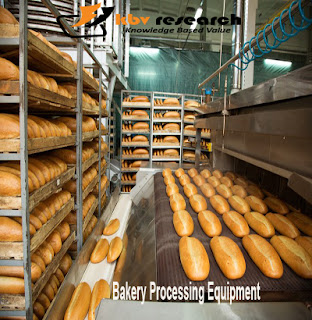Healthcare API Solutions Revolutionize the Health Sector
A healthcare provider organization, for example, can incorporate a patient's information into a framework that works with insurance companies and normally choose the patient's inclusion for a specific procedure or prescription. That is enabled by an API.
Introduction about Healthcare API
APIs have a significant part to play in health IT interoperability in the years ahead, especially as the information exchange rules of the 21st Century Cures Act supports their standardization and extension across the healthcare environment. Healthcare providers are being assisted by APIs to enhance the functionality of electronic health records with the help of third-party software for doctors. With APIs, doctors can finally understand that all patient history is consolidated in one place and is easily available.
APIs like Eviti Web API enables doctors to pick the most appropriate treatment based on an individual's diagnosis and kind of medical insurance. APIs like DrChrono also help doctors with charging patients and supervise management.
Application programming interfaces enable information frameworks to communicate and transfer information among each other. Depending upon how it is planned, an API can enable a framework to send or recover information that can update an individual's record or give total data that can be used to make reports. An API furthermore can send information beginning with one system to the other.
Benefits of Healthcare API
1. Connectivity
Healthcare data is huge and developing. From clinical to cases to labs to radiology to social and behavioral, there are a lot of data types that all assist to make up the complete patient record. Also, measured self-information - the different sources of client contributed data now accessible through wearables, smartphones, and the flourishing number of connected devices in the Internet of Things. Access to this data is necessary.
APIs can solve connectivity between frameworks by indisputably characterizing transmission and security rules. A set of ordinary and open APIs will enable information to flow across frameworks and to be accessed across different areas. In a medical services world where APIs are common, doctors, and patients themselves can have easy access to data, no matter where it is stored.
2. Expansion
APIs can build up the ecosystem of healthcare by allowing applications to share data with some other framework and to utilize each other's abilities.
Additionally, the way that APIs present the opportunities for internal development– where providers can establish their own custom UIs for explicit needs – however, they enable third-party to access information and capacities for specific purposes. This means that information stored in an EHR is utilized for a more tailored application – either that serves a patient's need or empowers doctors.
There are also benefits in expanding access to healthcare data to other healthcare verticals – for example, researchers, pharma companies, and clinical instruments organizations. Researchers can take part in resident science by analyzing anonymized information from countless individuals and investigating it to recognize patterns; better understand explanations behind conditions and results of treatments, and evaluate resource utilization and costs. Pharma companies can get to similar information to help with the progression of clinical trials, to more readily grasp the reported side effects and viability of specific treatment and medicines, and to monitor adherence to then activity plans intends to minimize wastage.
3. Innovation
Perfect healthcare means serving the various permutations of an individual's conditions, health, desires, and experience. However, as of recently, the expense of making health applications regularly force solutions to be conventional to achieve wide but shallow coverage, and moderate the uptake of new developments.
APIs can bring the degree of advancement we've seen in various ventures – like banking, travel, entertainment – to healthcare services. Currently, People working outside of healthcare will be convinced to bring their abilities, expertise, and experience to the area at whatever given secure access to clinical and other information in a useful way, making innovatively advanced tools of huge value that not only serve the majority but select groups as well. APIs will not only fast-track interoperability across healthcare organizations, but they will enable smart and adaptable applications that interface healthcare providers, health insurers, and other related parties with patients in new ways. This is more than making mobile applications. It's about utilizing and connecting a scope of doctor’s capacities, for instance, risk forecast calculations, data visualization engines, payment providers, workflow motors, and proximity innovations.
Summing up
To create a healthcare ecosystem that can serve the delivery of perfect healthcare for every individual challenge around interoperability, APIs must be dealt with head-on. Open APIs can, and will, change the delivery of healthcare through empowering patients and enabling cross-community collaboration between traditional healthcare providers and new players. Due to the different advantages of healthcare API, it is expected that this market will thrive more in the upcoming years.



Comments
Post a Comment